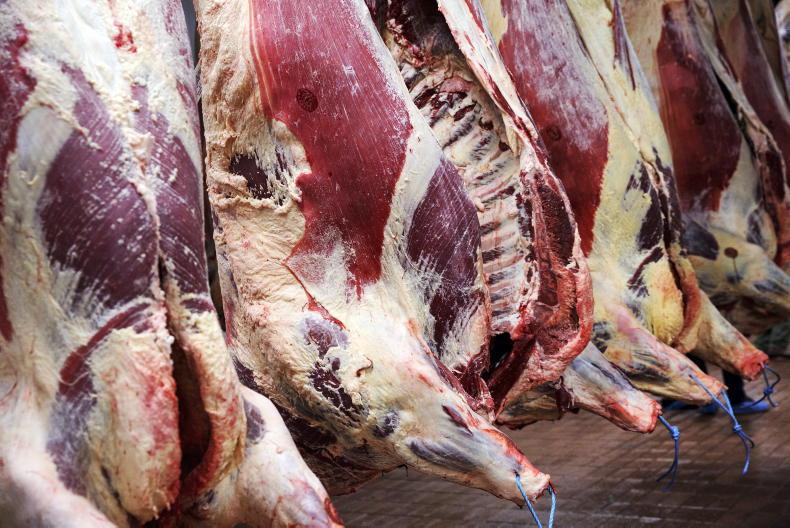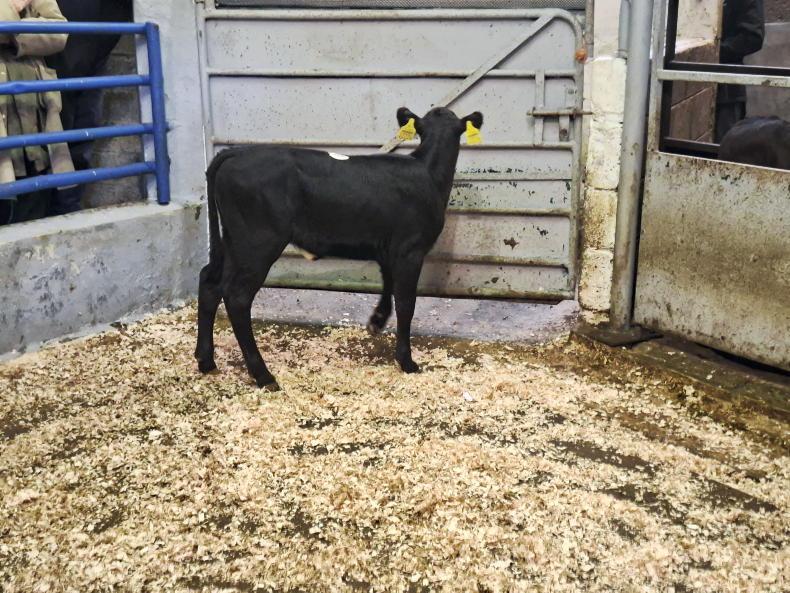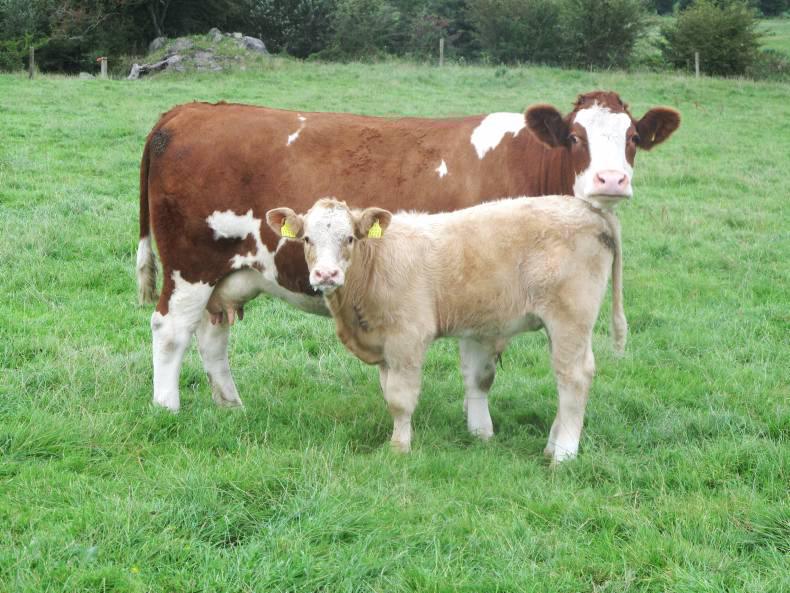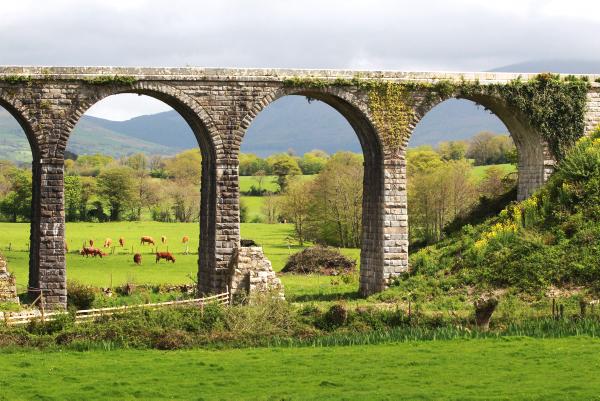Next Tuesday, Minister for Agriculture Simon Coveney will gather beef stakeholders from across the industry for the second of the beef roundtable meetings.
One of the seven steps outlined in the first meeting,which took place in April, was the review of Beef Activation Group’s Food Harvest 2020 target. The findings of the report will be presented by the group’s chairman, Michael Dowling.
Ahead of this, the Irish Farmers Journal sat down with the IFA’s national livestock chairman Henry Burns to ask what would he like to see coming from the meeting and the Dowling report.
Burns wants strong proposals for protecting and maintaining our suckler cow herd.
“Putting profit back into beef farming must be at the heart of Dowling’s recommendations,” Burns said. Proposals on price competition, benchmarking and transparency to ensure that Irish farmers are getting full market price are priority, he added.
“The derailing of the Food Harvest 2020 plan and the fall in our national suckler cow herd which was compounded by the the beef price crisis this spring must act as a wake-up call to Minister Coveney to bring forward permanent workable solutions,” he said.
According to Burns, the upper age limits for bulls and steers, bonuses for all QA cattle, flexibility on the number of cattle movements and farm residencies, sale of QA-finished stock through marts, and premium paid for cattle finished during the expensive winter period as well as rejection of the unworkable weight limits being suggested by the factories must all be addressed as part of Dowling’s report.
What can Minister Coveney do next Tuesday to show that he is putting the profitability of farmers first?
On cattle prices, Burns said: “The Minister has a crucial role to play and he must take the lead in guaranteeing price competition, full market access and rebalancing power in the supply chain, in order to deliver viable prices which fairly reflect the market.
“The Minister cannot allow vested interests at processing or retail level or the use of EU labelling rules to prevent full access to the highest-priced markets.
“He has to remove the artificial blockages denying access to the live trade in Northern Ireland and Britain, and get more competition into the trade.”
In addition, Henry said: “The Minister has to ensure that strong direct supports are in place to maintain the suckler herd.”
So has the Minsiter missed an opportunity to provide a coupled payment for the suckler herd? Burns indicated that perhaps he did.
“The suckler herd is critical to the beef sector going forward. It is the basis of our access to the higher-priced retail market outlets across Europe,” he said.
Burns views the €52m secured under the Beef Genomic scheme or €80 per cow from 2015, as positive. However, he said: “It is clear that the suckler herd will need further targeted support if it’s to be maintained.”
“When you look at the extremely low incomes across the suckler sector, it is clear that the new GLAS scheme, Disadvantage Area payments and a new BTAP must be increased, prioritised and targeted for the drystock sector.”.
He said: “Coupled payments were an option in CAP which IFA favoured but the Minister decided not to go down this route.”
In relation to Meat Industry Ireland’s proposed target carcase specifications Burns said “we strongly reject the proposed specification changes from the factories. If the specs and cuts as outlined by the factories were implemented, based on Department of Agricultural data, they would exclude over 70% of our cattle,” he said.
“This is not credible,” said Henry. He feels that Ireland cannot set our entire production system involving 500,000t of beef into over 80 different markets and major retail outlets based around the most restrictive specification of a few retailers.
“It would be wrong for us to change the direction of the Irish suckler beef sector based on the market for the past six months” he concluded.









SHARING OPTIONS